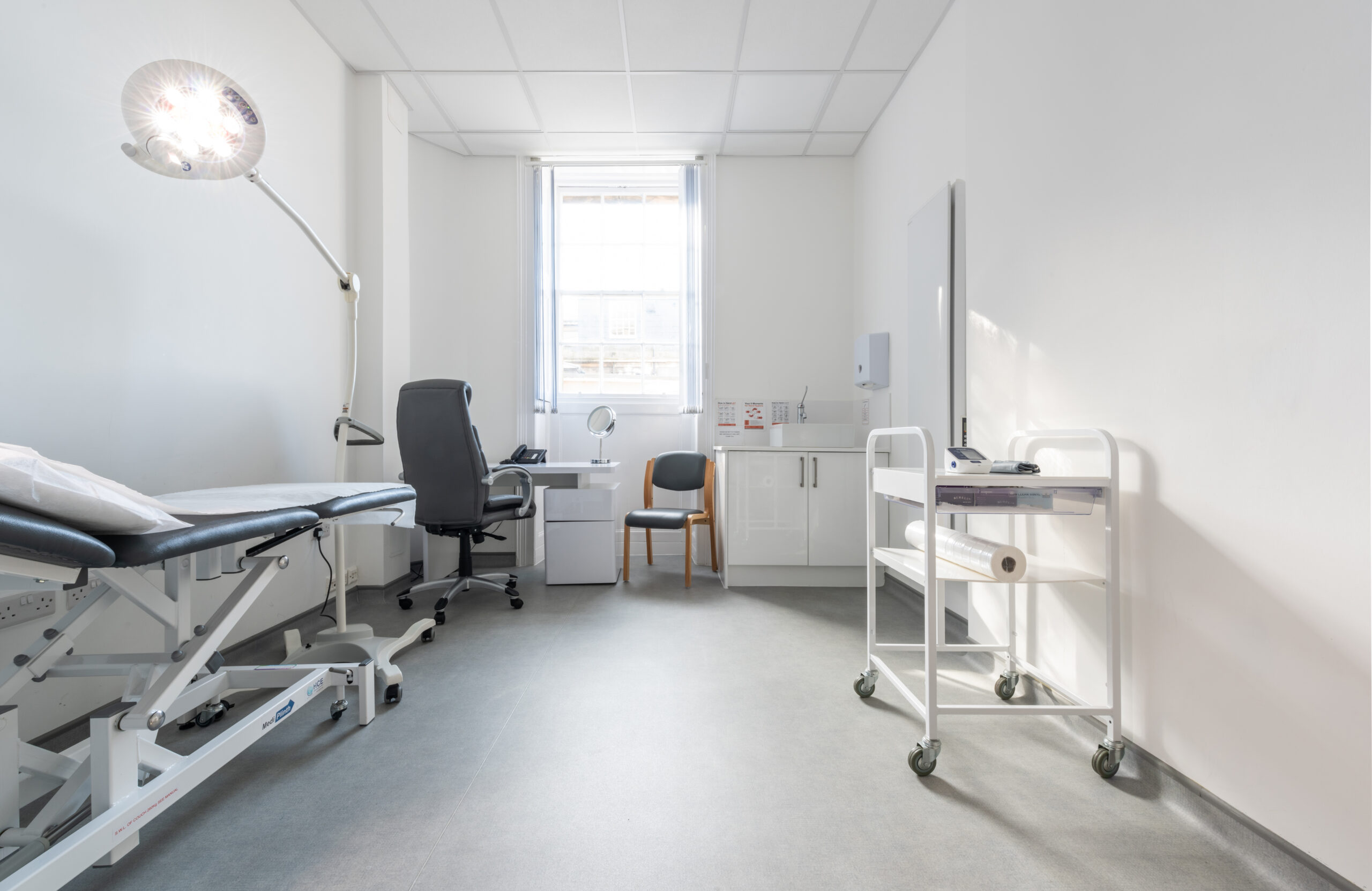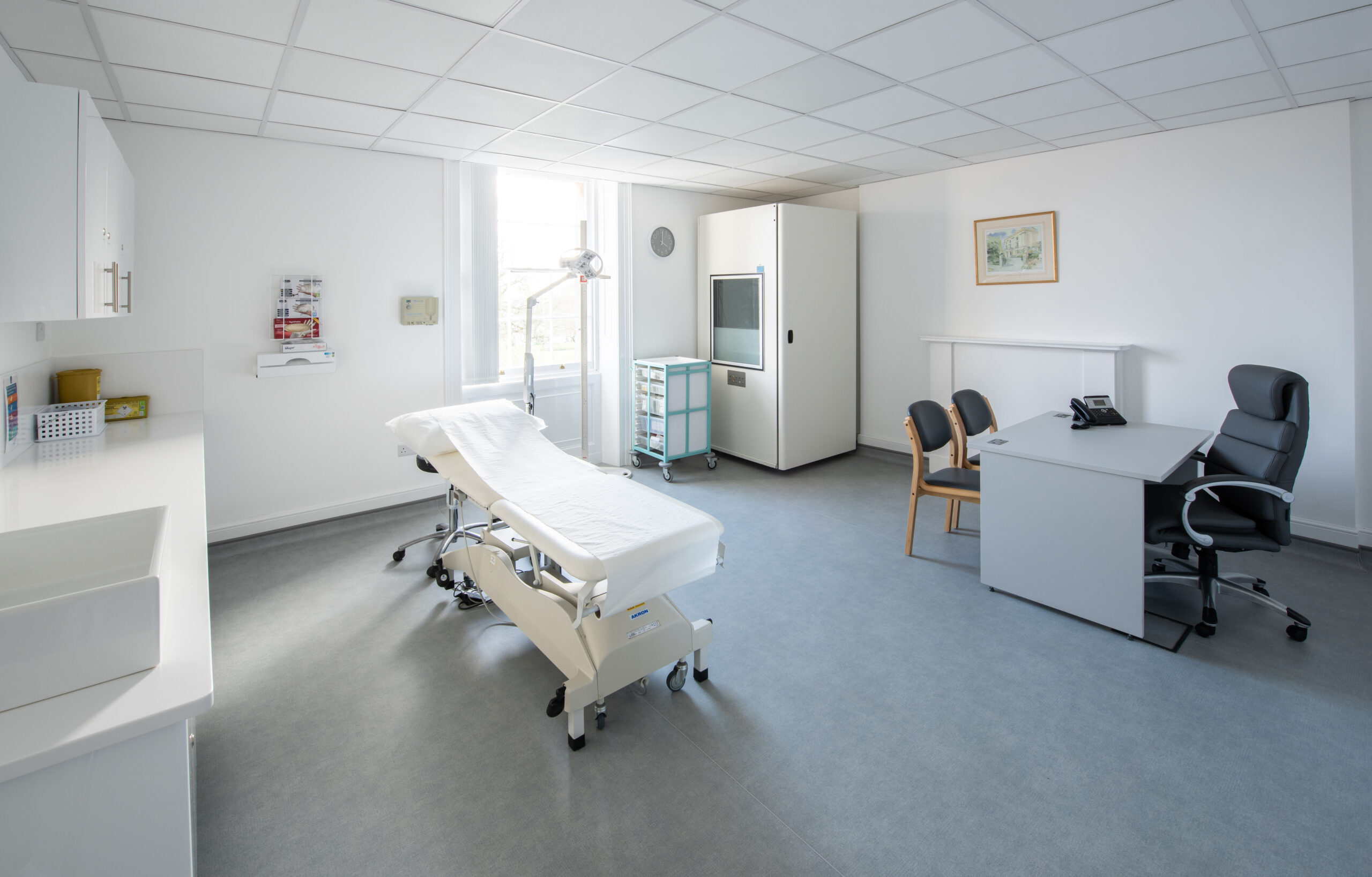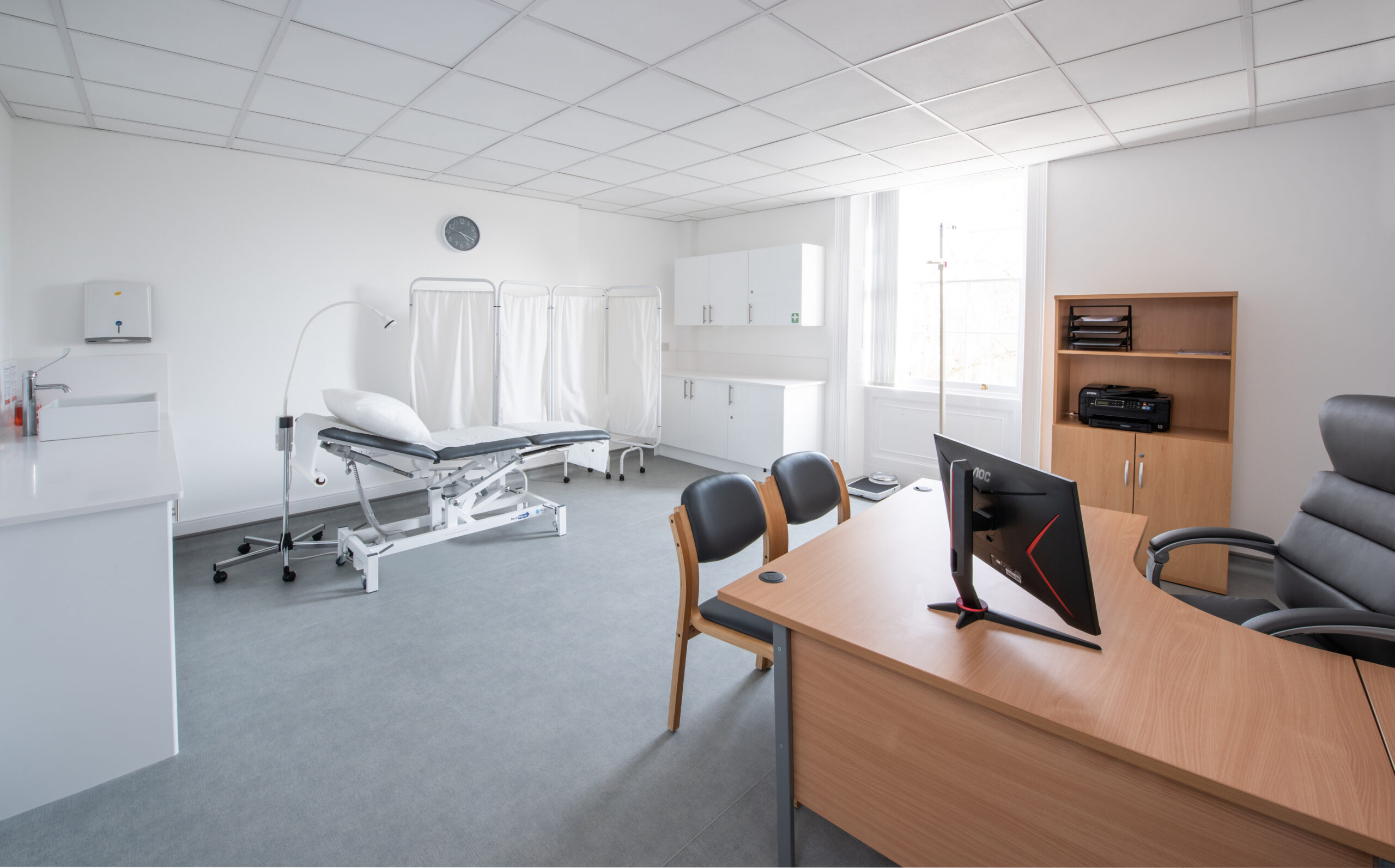Litfield House Medical Centre is proud to facilitate access to wide variety of medical professionals under one roof.
Education and Events
At Litfield House Medical Centre, we host Three Series of 6 GP Educational Lectures throughout each year. These evenings are certificated towards Continual Professional Development (CPD) learning. With the new changes in data protection and the implementation of GDPR, if you are a medical professional and wish to be added to our database, so you can be sent our GP Lecture programme straight to your inbox, please follow this link below to register your details:
Series One Lecture Programme 2025
15 May 2025 at 7:30 pm
PLATELET-RICH PLASMA AND OTHER NON-MEDICATED TREATMENTS FOR HAIR LOSS
Chloe Heyworth
Micropigmentation Specialist
Chloe Heyworth is a Trichologist and the owner of Micro Artistry Hair Clinic in Somerset. The clinic provides specialist hair simulation, stimulation, and removal services including Scalp Micropigmentation (SMP), Platelet-Rich Plasma Therapy (PRP), and Diode Laser Hair Removal. Chloe completed her level 4 qualification in Trichology with TrichoCare Education. To date, Chloe has helped 100s of men and women from her award-winning clinic with non-medicated solutions to tackling hair loss. She was invited to speak on her knowledge of non-medicated hair loss solutions specifically for women at the British Association of Hair Restoration Surgery (BAHRS) Annual Conference in London in May of last year.
Learning objectives with case studies:
– Overview of the mechanisms of Platelet-Rich Plasma Therapy
– Comparing Platelet-Rich Plasma Therapy with traditional treatment options
– Exploring other non-medicated alternatives for hair loss
– Fostering patient-centred approaches in hair loss management
In this talk, Chloe hopes to share her experience on treating many forms of hair loss through alternative options with a focus on PRP Therapy, and how GPs may be able to provide more options to patients suffering from hair loss.
Register15 May 2025 at 7:30 pm
EARLY CLARITY, BETTER CARE: ULTRASOUND SUPPORT FOR GPS IN PREGNANCY AND PELVIC SYMPTOMS
Dr Suvarna Mahavarkar
Consultant Gynaecologist, Director and CQC Manager - Somerset Baby Scans
22 May 2025 at 7:30 pm
OVERCOMING INSOMNIA
Dr Ashish Bhatia
General Practitioner and Found of Humble
Learning Objectives are as follows:
- Simplify the science of sleep and understand why insomnia is an issue.
- Explore some of the pros and cons of insomnia interventions.
- Inspire and empower you with practical resources to help people improve their sleep.
- Share how you can sign post people to holistic insomnia support.

.





